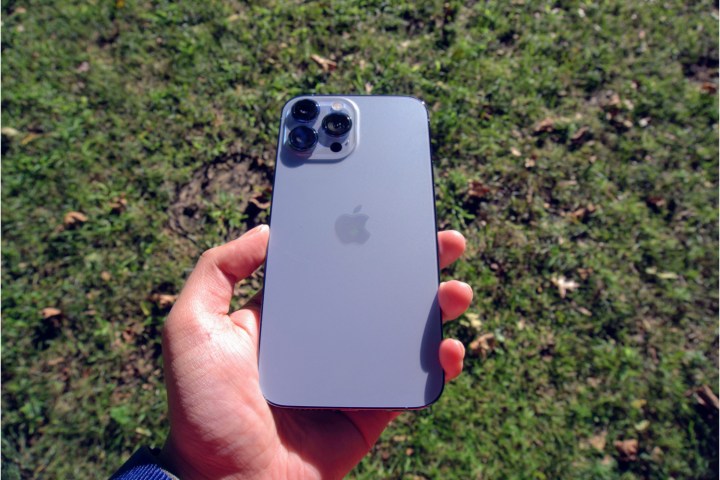The moment I realized mobile had a serious problem on its hands came not during a keynote address at a phone launch, but rather during a food run. This past summer, I headed over to my local sandwich shop (this op-ed was not brought to you by Subway) and I noticed this sign.

Subway sandwich pro. Just take a moment to let that sink in. Double meat on your sandwich makes it a “Pro” sandwich. After throwing up in my mouth a little bit, I had the realization that things were getting out of control, and the blame rests solely on my department — phones.
Phones in particular, as well as tablets, are all resorting to the same naming systems — Pro, Max, and Ultra. Each of these names is trying to imply that they’re the best of the best, the supreme state a phone can be. As the saying goes, if everyone is special, no one is special. The same goes for phones. Let’s run down the list:
- OnePlus 10 Pro
- iPhone 13 Pro
- iPhone 13 Pro Max
- Samsung Galaxy S22 Ultra
- Huawei P50 Pro
- Xiaomi M1 11 Ultra
- Oppo Find X5 Pro
- Sony Xperia Pro
This is not an exhaustive list by any means. But not every phone can be an “Ultra.” Not every phone can be a “Max.” By definition, “max,” which is short for “maximum” means it’s every little bit of what’s possible and nothing more. It’s like saying you can have more than one Final Fantasy. Oh, wait. Never mind, let’s move on.
It’s getting ridiculous

By definition, a “Pro” should be reserved for professionals. “Professional what?” you might ask, to which Apple replies, “Don’t worry about such things.” I mean, come on, the OnePlus 10 Pro doesn’t even have a OnePlus 10 not-pro to compare itself against. Don’t even get me started on “Plus.”
Semantics aside, the problem is manufacturers have forgotten how to use their words. They’ve all tossed their thesauruses to the side, and we’re left with a landscape of phones whose names are formatted like this:
[Phone manufacturer name] [*optional subbrand name] [Number, not necessarily, but often sequential] [Pro, Plus, Max, Ultra] [Pro, Plus, Max, Ultra]
That is the extent of it. So as a service, I decided to put together a short list of other words phone makers can use as suffixes for their phones. These don’t have to be series names. I’ve frankly given up on companies coming up with clever names for phones. But as for superlatives, there are options out there, people. Let’s look at a few.
- Supreme: Sure, you might run into a roadblock with the skateboard crowd, but they’ll just do an ollie over them anyway.
- Prime: We had prime phones once upon a time. Time for a comeback.
- Mega: Let’s face it, most phones are mega these days.
- Epic: iPhone 14 Epic? Yes, please. And a bonus Faith No More tie in. You could automatically download their latest album onto people’s phones without permission! It’s brilliant!
- Alpha: It’s not just for dogs anymore.
- Omega: the last phone you’ll ever need … until next year.
- Saga: You don’t want your phone to have a story, you want it to have a saga!
- Seasoned: Actually, I changed my mind on this one, but we could use this word to replace “Refurbished” since no one knows how to pronounce that word anyway.
- Worldly: I’d fork out some bucks for a Samsung Galaxy S22 Worldly.
- Excessive: Can we be honest with each other for a minute?
- Mucho Grande: Why do we have to stick to English? It’s such an American conceit. While we’re at it, let’s talk about the Xiaomi Molto Bene.
Granted, some of these don’t exactly roll off the tongue. I never said this would be easy. But when sandwiches are being named after your phones, something has gone off the tracks. Or, it’s possible something has gone really right; it’s frankly too hard to tell. But my point is, there is a wide, wide world out there, and it’s full of adjectives that can excellently describe your multi-overpowered super phones, so let’s explore language a little bit and inject a little bit of the spice of life into our phone names. At the very least, it would stop op-eds like this from being written and I think we can all agree that would be a win.


